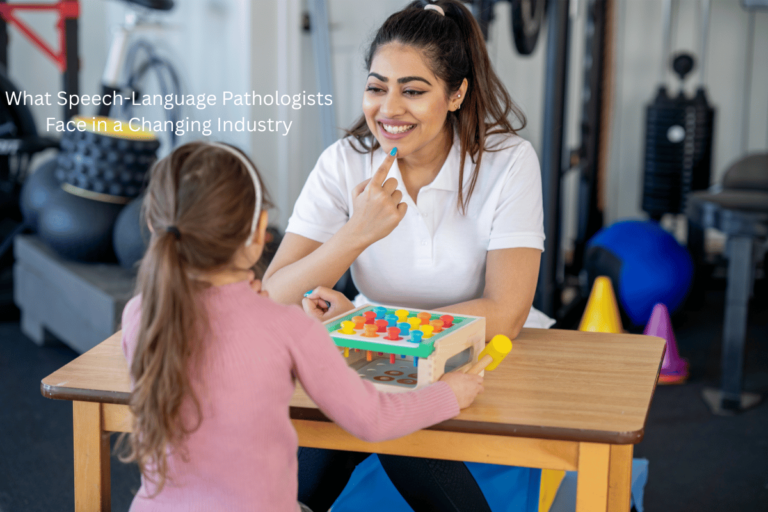The Best Skills To Learn and Develop For A Doula Career
The job of a doula involves compassion, education and being practical. The future doulas should dedicate their attention to the skills that will enable them to offer physical and emotional support to the parents in the period of pregnancy, childbirth, and aftercare. These critical skills may be gained through the training and courses offered by doulas to create a structured approach to obtaining this knowledge. Knowing the competencies that are the most useful will assist a person to join the profession as a confident and effective person.
Effective doulas are required to know how to relate to clients personally. Building trust and rapport is essential, parents need their doula to provide guidance and assurance in a very difficult moment. Being a good listener is one of the ways to make the environment supportive. These interpersonal skills can be developed during doula training programs, during which students can be challenged in situations and do role-playing so as to train communication strategies in a more real-life scenario.
Communication Skills
One of the greatest skills that a doula should possess is communication. The capacity to express things in a gentle and articulate manner makes sure that clients feel acknowledged and enlightened. This competence is not only speaking as nonverbal communication, active listening and empathy are also significant. Doulas may also serve as the middleman between parents and medical personnel hence accurate communication may help avoid misinterpretations and improve the birth process in general.
During the course of doula, communication skills are often prioritized, and an idea of managing the delicate conversation is provided. Developing a skill to deal with emotions, offer reassurance and address concerns in a calm manner will enable doulas to be able to remain professional but empathetic. During the development of these capabilities, the doulas will be able to establish a relationship of trust that will guide the parents in the ups and downs of pregnancy and childbirth.
Physical Support Techniques
Another important skill that doulas should have is the ability to support the woman during labor. Massage, positioning, and comfort measures are some of the techniques that will play a significant role in the comfort and well-being of birthing parents. These techniques can only be learned by practical training to make sure that the doulas are ready to help. Emotional guidance is facilitated by physical support and forms an integrated approach to care that is beneficial to both parents and babies.
The training programs in doulas provide the possibility to practice these techniques in a controlled environment. This is achieved by studying and emulating the experienced doulas to develop their skills in order to become confident about using the skills in the actual births. The art of physical support techniques does not only enhance the experience of the client, but also their professional standing of the doula.
Knowledge of Birth and Postpartum Care
Any doula must have an excellent background in prenatal, labor, and postpartum care. Doula education about the phases of labor, bypassed surgeries, and postpartum should result in knowledge and information doulas can give. This knowledge is also useful in enabling them to anticipate and assist parents in making informed decisions. Doula studies are usually taught extensively and include anatomy, physiology and birth techniques to offer balanced knowledge.
It is also crucial to ensure that best practices and current research are kept up to date. On-going learning will help the doulas keep up with the changes in healthcare and provide evidence-based assistance. Knowledgeable, confident, and able to explain the complex information in a way that is easy and supportive, this is an advantage to parents.
Emotional and Psychological Support
Doulas should be proficient in offering emotional support to the birth of the parent. Working is a painful and even overbearing affair and parents must have one who would provide comfort, support, and soothing words. The emotional support may help to decrease the stress, improve coping mechanisms and make the birthing environment more positive.
Doula training often involves mental health awareness training and how to manage anxiety or fear during labor. Being able to understand the emotional needs and be able to respond to them in a proper way helps in making the doula-client bond stronger. The development of emotional intelligence enables doulas to be attentive to circumstances and stay in the moment despite experiencing pressure.
Professionalism and Business Skills
In addition to clinical and emotional competencies, doula courses allow the enjoyment of the opportunities of professionalism and business development. Building a successful career includes scheduling, working with clients, keeping records, and ethical issues. These skills guarantee that doulas will be able to work effectively and at the same time provide quality care.
Doula classes tend to offer advice on how to set up a business, sell services, and relationship management of clients. These skills would help doulas continue their professions and provide a stable support system to the families. Clinical expertise mixed with business competence is more effective and respected in the field.
Conclusion
Combining communication, physical support, birth knowledge, emotional guidance, and professional skills, the best skills in a doula career are the combination of them. Doula training and doula courses equip one with the means to build these competencies and make a fulfilling and productive career out of it. Through skill training, the novice and professional doulas will be able to provide a better experience to the families they engage with and succeed in the long-run in their professional paths.







